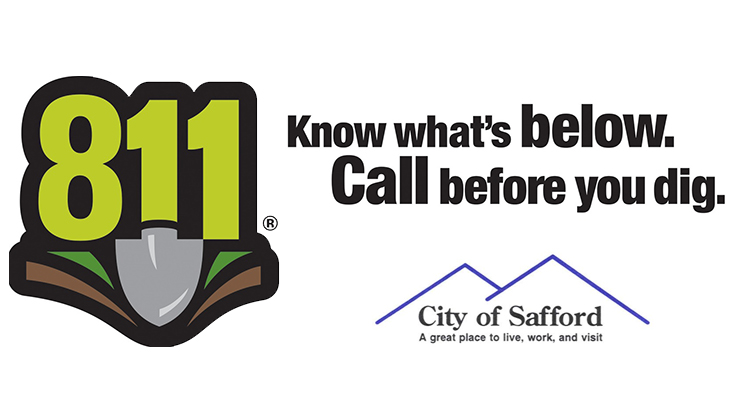There’s a hot topic of debate about whether freelancers need insurance.
If you’re employed by a company, it’s not something you need to worry about. The company should, and typically always does, have the correct level of insurance to protect itself and its employees against every possibility of trouble, especially injury and illness.
Freelancers might have the luxury of working for themselves and predominantly having more work/life balance, but the risk is all on them. That leads us to the question: Should freelancers have insurance? Read on to find out.
Why Do Freelancers Need Insurance?
As we said, it’s not as common for freelancers to have insurance, and many of them will tell you they don’t have it, especially digital workers. It depends on the trade. Some of the common trades we think definitely need insurance include
- Construction
- Aesthetics
- Food and beverage
- Auto-related
Any of these trades should and will have some form of insurance, but they’re also more likely to be registered as a business rather than a standard freelancer. Digital nomads and content creators generally won’t look for insurance against their work and their freelance activities, but they might look for other types of personal insurance to protect themselves and their income.
Professional Liability Insurance
Professional liability insurance is sometimes called errors and omissions insurance but is more commonly known as professional liability. This type of cover protects freelancers from financial losses they’ve caused with professional mistakes or negligence.
We’d say that for most freelancers, regardless of the trade, this is an excellent policy to have. We’re all human and all make mistakes, and if a freelancer subcontracts with a company and makes an error, they’re not protected by the company, and that company has every right to proceed down a legal route.
Most commonly, people can claim against a freelancer for failure to perform as expected, and if there’s no personal liability insurance, there’s no cover.
General Liability Insurance
General liability insurance is related more to claims against bodily injury or property damage. It is also sometimes related to advertising injury, meaning damages to a third party’s reputation or intellectual property. That can be defamation (common), copyright infringement, or privacy invasion.
General liability insurance, because of the advertising injury section, does relate to more freelancers than you’d think, but it’s also more common for small businesses. You can get a small business insurance quote for general liability policies in minutes online, so it’s worth at least exploring the price and if you think your freelancing activities are suitable.
Income Protection Insurance
Freelancers don’t get sick pay. That’s the harsh reality. If they can’t work, they don’t earn. Income protection insurance steps in when that nightmare scenario becomes real. It doesn’t matter whether the illness is short-term or long-term. If a freelancer is too unwell to work, the policy provides a financial safety net until they can get back on their feet.
It’s not just physical illness either. Mental health issues can hit just as hard and be just as financially damaging. Burnout is common in the freelancing world because hustle culture never sleeps. Income protection can give someone the breathing space to step back without losing their financial stability.
Some policies kick in after a few weeks of not working. Others wait longer, so it’s worth reading the fine print and choosing based on your own risk. For freelancers with no fallback, this insurance isn’t just handy—it’s peace of mind in contract form.
Freelancers might be free from the nine-to-five, but they’re not free from risk. Sometimes, being a freelancer is so much more stressful. Without a company to catch them, they need to create their own safety net. Insurance fills the gaps—financial, legal, and personal. Some freelancers might still roll the dice and go without, but for those who want to build a career with longevity, a smart insurance policy could be the difference between bouncing back or going bust.









